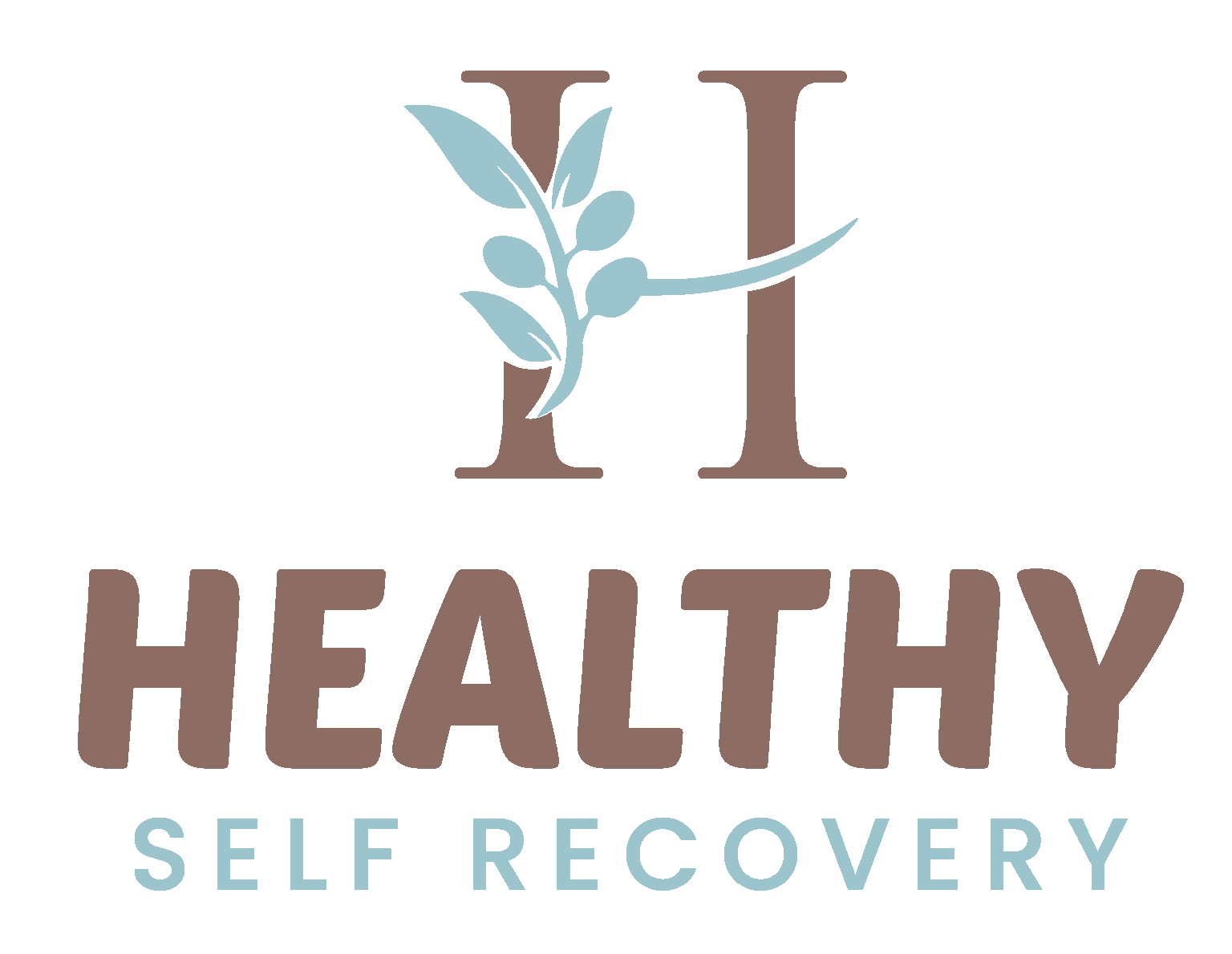It’s not uncommon to find that people have suffered from an eating disorder for a number of years and that they have had treatment that has failed. Sadly this happens for a multitude of reasons. There are barriers and wait lists to access care, and treatment schedules are not designed to be flexible and to take into account the individual. Often there is insufficient focus on tools and coping skills for long-term recovery.
Whilst a relative newcomer to the eating disorder recovery field, eating disorder recovery coaches are bridging these gaps and changing the recovery landscape for the better. By providing personalized accessible support that is designed for long-term recovery.
Whether you are struggling with a diagnosed eating disorder such as anorexia, bulimia, atypical anorexia, binge eating disorder, orthorexia, or an undiagnosed eating disorder, disordered eating, or chronic dieting, eating disorder recovery coaching can play a crucial part in your healing journey.

How Eating Disorder Recovery Coaching Works
The basic premise of eating disorder recovery coaching is that it deals with the HOW of an eating disorder – as opposed to the WHY – and is action-based. Essentially you cannot think your way out of an eating disorder, you have to act your way out. Even if you have a good understanding of your illness this is very often the part where people feel the most stuck and unable to make changes.
With the help and support of your coach eating disorder behaviors, thoughts, and limiting beliefs are challenged and reframed. Practical tools and techniques are explored to deal with your anxiety and fears and there is a constant focus on making sure you are prepared for the next steps. Eating disorder coaching helps you to reconnect to things and people that are important in your life and move away from your eating disorder.
One of the most valuable parts of coaching which empowers and motivates action and changes to occur is that coaching recognizes that people live with an eating disorder 24/7. Therapists and dietitians mostly offer in-session support, but the bulk of the work is done outside of these in everyday life and situations. Eating Disorder Coaches offer daily support and accountability via messaging and other channels. This higher level of continuous support is very encouraging for positive action and lasting change.
A coach’s role is to support you every step of the way in your recovery journey. They are there to motivate, facilitate change, explore difficulties, and empower you to live a fuller life.
Many eating disorder recovery coaches have lived through their own experience of an eating disorder and are fully recovered. This along with their rigorous training gives them a deep understanding of what their clients are experiencing. Working with someone who has been in their own shoes and who is proof of recovered living has proven to be very motivating and hope-inducing. Especially for those still entrenched in their own eating disorder.
My Approach as an Eating Disorder Recovery Coach
The Carolyn Costin Approach
The foundation of my coaching is the rigorous training that I undertook at the Carolyn Costin Institute. This technique uses as its grounding philosophy the book “8 Keys to Recovery from an Eating Disorder“.
What are the ‘The 8 keys’ of Eating Disorder Recovery?
- Work with each person’s motivation, patience, and hope
- Strengthen and empower the person’s healthy self, so it can heal the eating disorder self
- Eating disorders are not solely about food but come about through a combination of risk factors
- Help to acknowledge, name, and feel their feelings, but challenge their thoughts
- It is about the food – stabilization of eating patterns. Challenging of eating beliefs and rules
- Support clients to change overt eating disorder behaviors as well as recognise covert behaviours that hinder recovery
- Connect with other people rather than turning to their eating disorder
- Help to find meaning and purpose in their life
Acceptance and Commitment Therapy (ACT)
ACT is a subset of Cognitive behavioural therapy that is based on helping people accept what they can’t control, such as thoughts and feelings, and internal experiences. Thus helping them to commit to action that is life-enriching.
During my own recovery, I was introduced to ACT. I found it transformational in allowing me to unhook from my eating disorder thoughts and carry on with important actions that led me to full recovery. Because I found it so powerful I undertook further training in it and I use parts of it in my own practice
Registered Nutritionist
I trained at the prestigious Institute of Optimum Nutrition in the United Kingdom and ran my own nutritionist business. I use my evidence-based nutritional knowledge to educate clients and re-direct them when their eating disorder misleads them in terms of nutritional beliefs.
Precision Nutrition Level 2 Health Coach
In a former life in a stage of quasi-recovery, I did a health coaching certification which was a liability for my health but an asset for my coaching. From that training, I bring with me a focus on strengths and self-efficacy. The belief that breaking goals down into small achievable steps, is more effective and motivating than aiming for the big gun moves.
My Eating Disorder
Having lived with disordered eating and an eating disorder for over 30 years and having struggled with many challenges during recovery myself I truly empathise with how hard and overwhelming the journey can be. At the same time, I also know that the hardest thing to do is to continue to live with an eating disorder.
I don’t know you and your eating disorder but I know mine, and for the most part, I have found that its thoughts and beliefs are very similar to those of my clients irrespective of what eating disorder they have. No matter where you are in your eating disorder journey I believe and have hope that you too can recover. At Healthy Self Recovery, I aim to provide a compassionate space for you where you can be seen for more than just your eating disorder.

The Eating Disorder Recovery Coaching Process
Eating disorders are complex, multi-faceted illnesses, and because of that there are a number of areas to cover in order to achieve full recovery.
Loosely there are 5 Stages of Recovery that need to be worked through but this will depend on where you are in your stage of recovery. Often some of these happen concomitantly.
Stage One: Nutritional Rehabilitation
Nutritional Rehabilitation: The main commonality across all eating disorders is weight suppression and an energy deficit. When the body is getting less energy than it needs it cuts back on non-essential functions and that is when we see a multitude of symptoms come in.
Because of this the first step and most crucial step in coaching is always focused on giving the body the energy it needs to function properly and also repay the energy debt that has accrued during the time someone has been undereating.
This stage will look different and last varying amounts of time depending on each individual person, how long they have had an eating disorder, and how quickly or slowly they are able to renourish. It is the most difficult stage for most people.
Step Two: Neural Rewiring
Neural Rewiring – Eating disorders have a huge impact on the brain which leads to changes in thinking, beliefs, and even personality. Part of this reverses with adequate energy, however part of this is a process called neural rewiring. The Canadian neuropsychologist Donald Hebb coined the phrase “ cells that fire together wire together”. This essentially means that the more a thought/ behaviour is repeated the more engrained it becomes.
This is particularly true in eating disorders which are habitual by nature and where behaviours and patterns related to food, eating, and oftentimes movement and exercise become cemented. Part of recovery is to challenge these pathways and replace them with healthier ones. This involves challenging and breaking the rules and beliefs around food and exercise. For example, eating fear foods, learning to eat without a specific set of cutlery, or challenging the rules you have around exercise.
Step Three: Life Skills
Life Skills – This is the stage where much of the physical rehabilitation has been done and there is a lot of improvement but there is still a cacophony of eating disorder thoughts in one’s head. This stage is where we look at how to unhook from eating disorder thoughts, how to not act on the urge, and how to bring in self-care strategies on a daily basis such as mindfulness, and self-compassion so that you are less likely to want to engage in eating disorder thoughts. I like to think of these as life skills because all of these are tools and techniques that are not just relevant to eating disorder recovery but are ones that make someone more resilient and buffered from life’s inevitable ups and downs.
Step Four: Relapse Prevention
Relapse Prevention – This is where most of the work of recovery has already been done and it is more a case of fine-tuning. Working out what your individual triggers are that might cause you to slip and having safety nets in place. It is also the stage where you look at other areas where your eating disorder may be showing up. Often times this can be in people’s relationship with money, work, or other people. This is also the time when we look to find some more meaning and purpose in someone’s life as this has proven to be incredibly helpful in preventing relapse.
Step Five: Recovered Living
Recovered Living! Carolyn Costin defines full recovery as “Being recovered is when the person can accept his or her natural body size and shape and no longer has a self-destructive or unnatural relationship with food or exercise”.
I like this definition but I think eating disorders are so much more than what you look like, so I would say that my definition is when not only has there been a complete resolution of the thoughts, feelings, behaviours, and physical symptoms but recovery is when the eating disorder does not show up in your life in any shape – so that your relationship with work, people and life in general is not restrictive or chaotic. It’s when you are not afraid to take up the space you deserve in the world and be unashamedly you.
Benefits of Personalised Support in Eating Disorder Recovery
Eating disorders show up for people in different ways and every person has different needs and struggles. The one commonality they have is that having an eating disorder is all-consuming. If you can imagine what it would be like to try to concentrate on a task at hand but the radio or television is on at full volume all day long so that you can only ever partially focus on what you are doing. That constant noise is what having an eating disorder voice in your head is like. Not only that but with an eating disorder you have to face the thing you fear the most at a minimum 3 times a day but more likely a lot more. Every meal and snack time is a battle and so recovery feels exhausting and overwhelming.
Imagine if you could have someone dedicated to providing you with continuous support. Imagine having someone who can compassionately guide you. Through the process of recognising, challenging, and reframing your eating disorder with all its own particular traits. Someone who really gets you, who tailors recovery to your unique situation and needs.
Who Can Help You?
Who is there to respond, understand, and encourage you when you are struggling at meal or snacktimes or when your head feels like it is about to burst with all the food thoughts? Imagine having someone who has been through the same thing – someone you can trust and talk to about your eating disorder thoughts without shame, knowing that they will never judge.
If you are ready to take the next step in your recovery and would like to have: A dedicated specialist who tailors recovery to you, who believes in you, who provides you with the tools to take away the fear, who you can trust, who has walked in your shoes, who is only ever a message away, contact me.

Start Your Recovery With Eating Disorder Recovery Coaching in the United Kingdom
Take the first step toward a healthier relationship with food and yourself. My personalized eating disorder recovery coaching offers compassionate support, practical tools, and tailored guidance to help you on your journey to healing. Reach out to Healthy Self-Recovery and start building a life of balance, confidence, and self-acceptance. Follow these three simple steps to get started:
- Contact me to schedule a free discovery call to see if Eating Disorder Recovery Coaching is right for you.
- Begin meeting with me, Marianna Miles, a skilled eating disorder recovery coach
- Start creating a healthier relationship with your body!
Other Services Offered at Healthy Self-Recovery
As an eating disorder recovery coach, I am here to support you in navigating recovery and creating meaningful change. In addition to personalized eating disorder recovery coaching sessions, where we address the thoughts, feelings, behaviors, and anxieties surrounding your eating disorder, I also offer text support for moments when you need accountability or are having a difficult time. Recovery can feel isolating, so I strive to provide a dependable and compassionate connection to help you feel supported. I also offer meal support sessions, providing a safe space to challenge food rules and practice new skills, and I collaborate with your medical team to integrate treatment goals into our work. Together, we will build a recovery plan tailored to your unique needs and empower you to live a fulfilling life beyond your eating disorder.








